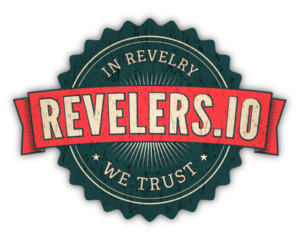With nearly a third of the US suffering from chronic pain, and over a million patients a year having joint replacements, affordable stem cell therapy brings a welcome and viable alternative to the non-reversible trauma of surgery and a non-invasive drug-free treatment method for many internal medical conditions.
Regenerative & Anti-Aging Medicine is based upon advanced technological biomedical research and empiricism and offers potential solutions for the prevention, detection and treatment of the cellular breakdown of the human body associated with aging in an effort to delay and reverse aging and degeneration and improve outcomes. The goal of both Regenerative and Anti-Aging Medicine is to optimize both longevity and to enhance the quality of life. It is based on the premise that aging and degeneration, in the traditional sense, is a condition, or state of “disease”, rather than a natural progression of human longevity potential.
Tissue Engineering with natural human products utilizing STEM CELL THERAPY has become among the safest & efficacious methods in Regenerative Medicine.
RELATED: Heads Up! Big News on Stem Cells & Covid This Weekend.
Their site was intended for educational purposes only and strictly for use by medical
professionals. The FDA recently re-confirmed, there is only one registered stem cell product, and while there is enormous promise in stem cell therapies, and thousands of ongoing experimental applications trying to establish efficacy, these are not at the point where they would meet the scientific standard.
The FDA has stated: Stem cells, like other medical products that are intended to treat, cure, or prevent disease, generally require FDA approval before they can be marketed. FDA has not approved any stem cell-based products for use, other than cord blood-derived hematopoietic progenitor cells (blood-forming stem cells) for certain indications.
http://www.fda.gov/AboutFDA/Transparency/Basics/ucm194655.htm
The site is not intended for consumers. If you are considering stem cell treatment in the U.S., ask your physician if the necessary FDA approval has been obtained or if you will be part of an FDA-regulated clinical study. This also applies if the stem cells are your own. Even if the cells are yours, there are safety risks, including risks introduced when the cells are manipulated after removal.












